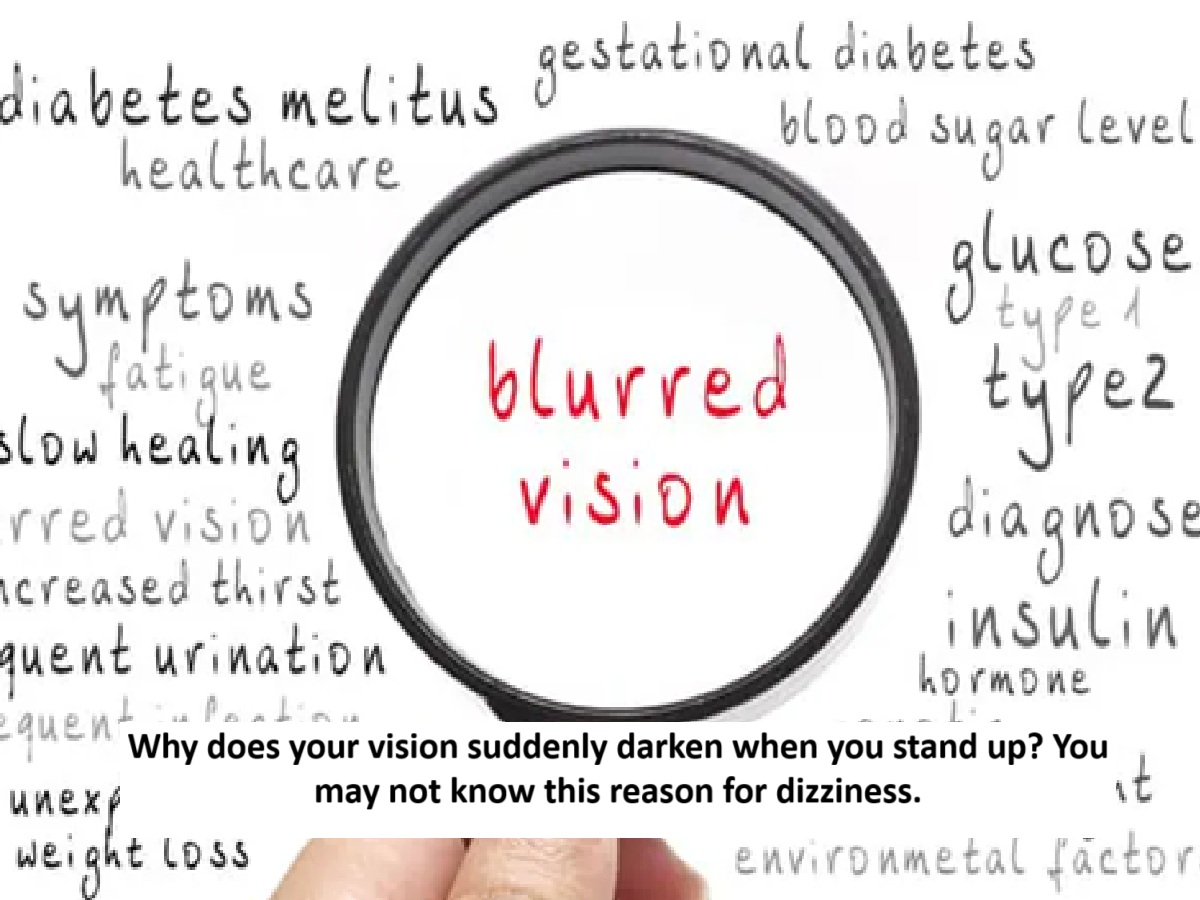
News Topical, Digital Desk : Have you ever felt a slight dizziness upon suddenly getting up from bed or a chair? For a moment, everything seems to spin (Dizzy When Standing Up), then everything gradually returns to normal. This happens often, and most people ignore it, but did you know that there's an interesting reason behind it, called orthostatic hypotension?
What is orthostatic hypotension?
In fact, when we sit or lie down for a long time and then suddenly stand up, our blood pressure drops momentarily. This happens because a portion of the blood pools in the lower legs as we stand. It takes a few seconds for the body to adjust to this situation. During this time, we may experience slight dizziness, lightheadedness, or a blurred vision.
Who is more affected by this?
Research suggests that approximately 20 percent of people over the age of 65 experience this problem at some point. As we age, the body's response slows, making it more difficult to respond quickly to fluctuations in blood pressure.
If this happens occasionally and resolves within a few seconds, it's not a cause for concern. However, if dizziness persists frequently or for a long time, it's important to consult a doctor. Repeated episodes can lead to falls or fainting.
Simple ways to avoid dizziness
Pay attention to your medications
Sometimes, certain medications can lower blood pressure. If you're taking such medications, consult your doctor to determine if their dosage or effect could be causing this problem. Stopping or changing medications without consulting your doctor can be dangerous.
Keep the body hydrated
Dehydration reduces blood volume, which can cause dizziness upon waking. Therefore, drink plenty of water throughout the day. Be careful not to drink too much just before bed to avoid frequent bathroom visits at night.
Get up slowly
Don't stand up immediately after waking from sleep or sitting for a long time. First, sit for a few seconds and move your arms and legs, then slowly get up. Gently tightening your leg muscles also helps the blood pooled in your legs return upwards and keeps blood pressure under control.
Change your eating habits
Many people experience dizziness after eating. This is because blood flow increases toward the stomach during digestion. Therefore, it's best to eat four or five smaller meals a day instead of three large meals. Also, avoid excessive consumption of white bread, refined flour, rice, or sugary drinks .
Do light exercise
A little morning exercise activates blood flow and maintains energy throughout the day. Sitting or standing in one place for long periods of time increases blood stasis, so keep your body moving frequently.
If dizziness occurs frequently...
If you ever feel faint or fall upon standing, don't take it lightly. This could be a sign of a serious problem. Consult a doctor, as medications are available to treat it if needed. In most cases, orthostatic hypotension is not serious and can be easily managed with a few simple changes.
--Advertisement--

 Share
Share



